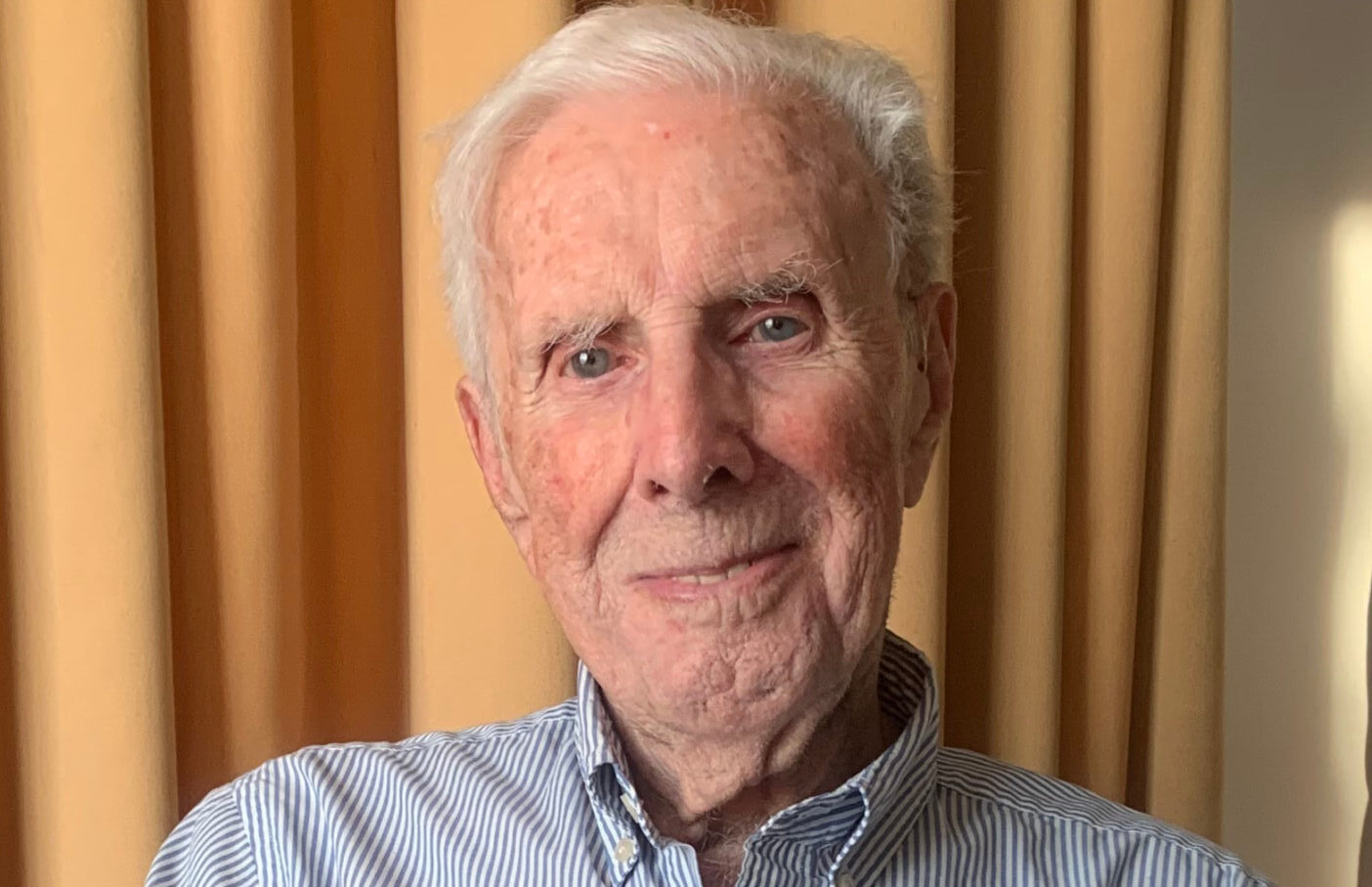For 21-year-old Tanner Oyen, the most important words to live by are: “If you want something you’ve never had, you must be willing to do something you’ve never done.” Luckily, this is a phrase he keeps with him every day!
Oyen is an undergraduate at the University of Wisconsin, pursuing a B.S. in agronomy, and he was selected as a National Association of Plant Breeders (NAPB) Borlaug Scholar. Seed World sat down with him to get an insight to his work.
Seed World (SW): What’s one thing you want people to know about you?
Tanner Oyen (TO): I am a highly motivated individual with a passion to dedicate my career to improving and helping the agriculture industry. Growing up on a small dairy farm in Wisconsin, I have always had a strong interest in agriculture and working with others as a team. This passion has only grown with age, and I look forward to using my skills in the future wherever I may be in this industry. I also think it is important to keep my love for agriculture casted broadly. There are so many different avenues in this sector and each one of them is equally important — for this reason, I believe we must continue to grow and adapt in all of agriculture’s tangents whether it is market analysis, plant breeding, fertility planning, or relationship development.
SW: I hear you’ve been working in cereals in particular! Why did cereals catch your interest?
TO: I have been a member of Dr Lucia Gutierrez’s Cereals Breeding & Quantitative Genetics Lab for the past two years and focused primarily on oats – specifically, oat panicle architecture and its relationship to seed production. Before I started in this role, I was actively seeking research opportunities in agriculture that I was relatively unfamiliar with. I was hoping to gain a better understanding and appreciation for something that I had never worked with or around. Resultantly, I was immediately pulled to Dr Gutierrez’s lab. This role ignited a huge learning curve for myself, and I eventually came to fully appreciate and enjoy working with small cereal grains, like oats. Although when we think of staple crops throughout the world oats are not first to come to mind (for most), they are still incredibly important globally and will prove to become even more important when we implement effective breeding programs like Dr. Gutierrez’s.
SW: What are you looking to do in the future?
TO: I am set to graduate in the Spring of 2022 and am currently seeking out opportunities in the private sector to expand my experiences working with crop production, crop protection, fertility management, and relationship development. In addition to improving my skill set in the industry, I hope to obtain a master’s degree in agronomy. With this degree and added experience, I hope to find a role in the industry that allows me to work with people — retailers, cooperatives, manufacturers, and farmers alike – to improve modern agriculture as we know it.
SW: Why did you decide to focus on agronomy right now?
TO: I have been interested in crop production for as long as I can remember. Not only do I get to work with biology, chemistry, physics, and mathematics, I get to work side-by-side with people trying to accomplish the same goal. In agronomy, no matter what your role, it will always involve a tremendous amount of teamwork and cooperation and I look forward to immersing myself into that.
SW: What are you looking forward to seeing in the future of breeding?
TO: There are so many exciting things happening in the realm of plant breeding. It is hard to imagine how much agriculture will change in the next dozen years due to the rapid advancements in seed traits, crop resiliency, physiological modifications, and much more. Specifically, I am looking forward to seeing how we decide to address the rapidly growing world population through the use of improved plant genetics and modified production practices.
SW: I’ve heard you’re also president of the Badger Crops Club! What does that organization do, and what’s the No. 1 thing you’ve taken away from it?
TO: In the Badger Crops Club, we hope to serve as an extension to those interested in anything related to crop production. This may be plant breeding, sustainability, weed science, public relations, etc. In addition to providing a greater understanding of these topics, we also provide multiple networking opportunities, university and industry tours, open advising sessions, meet-and-greets, and community service opportunities. This year we are adding judging contest components as well as training for CCA exams and certifications.












